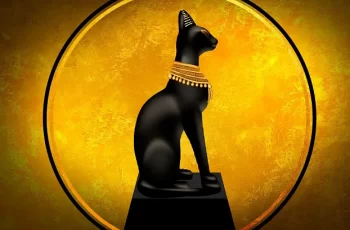True or False?
While the smoky wisps that waft from the burning of ballots in the Sistine Chapel are both holy, and smoke, therefore holy smoke, the ancient religious tradition to announce the selection of a new Pope isn’t the origin of the expression, ‘Holy Smoke’. Oxford’s English Dictionary claims that the earliest record of ‘holy smoke’ found in print, is in ‘The Epiphany’, a poem written in 1627, by Sir J. Beaumont. It appears in his passage, ‘Who lift to God for vs the holy smoke of feruent pray’rs’ (or, who lift to God for us, the holy smoke of fervent prayers).
In Beaumont’s work, the expression is a way of describing the burning of incense. But, it was not until 1892, that it is recorded as used as an exclamation, or mild expletive. Rudyard Kipling used it in his book, “The Naulahka”, to emphasize a statement; ‘By the holy smoke, someone has got to urge girls to stand by the old machine.’ From that point on, ‘holy smoke’ started appearing as a generic exclamation.
The practice of setting fire to gifts to sacrifice to gods is an ancient one, so, based on the belief that deities live in the heavens above, and that smoke rises, it was once thought that burning religious offerings would allow the smoke to carry their desires to the intended recipients. Today, ‘holy’ is used for its spiritual meaning, and as a way that we emphasize statements, or situations (ie: ‘Holy smoke! Did you just see what I saw?’, or, ‘Holy cow, I’m running late!’).
True Or False? Holy Smoke is an expression that comes from the burning of ballots used to elect a pope.
FALSE

